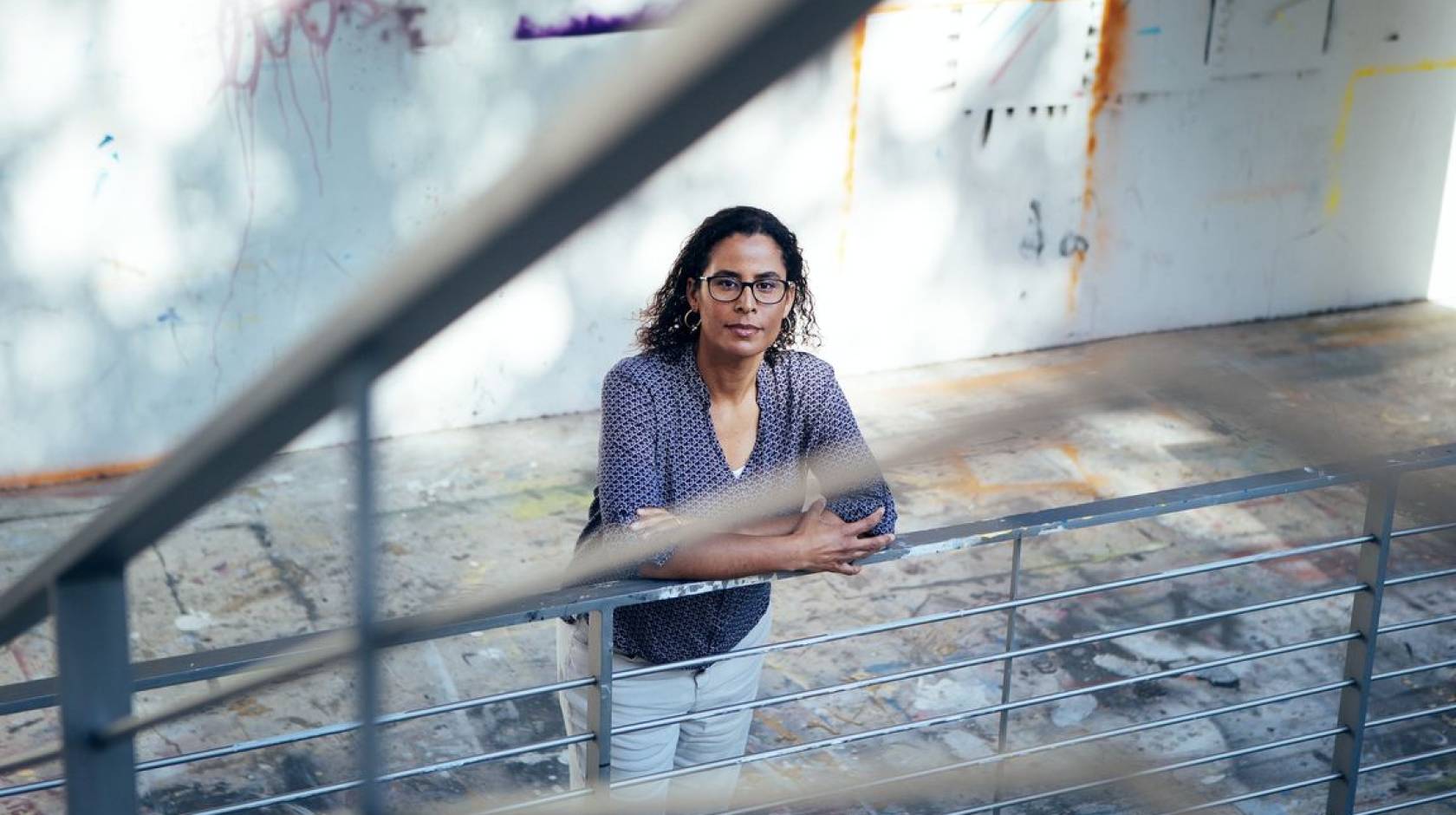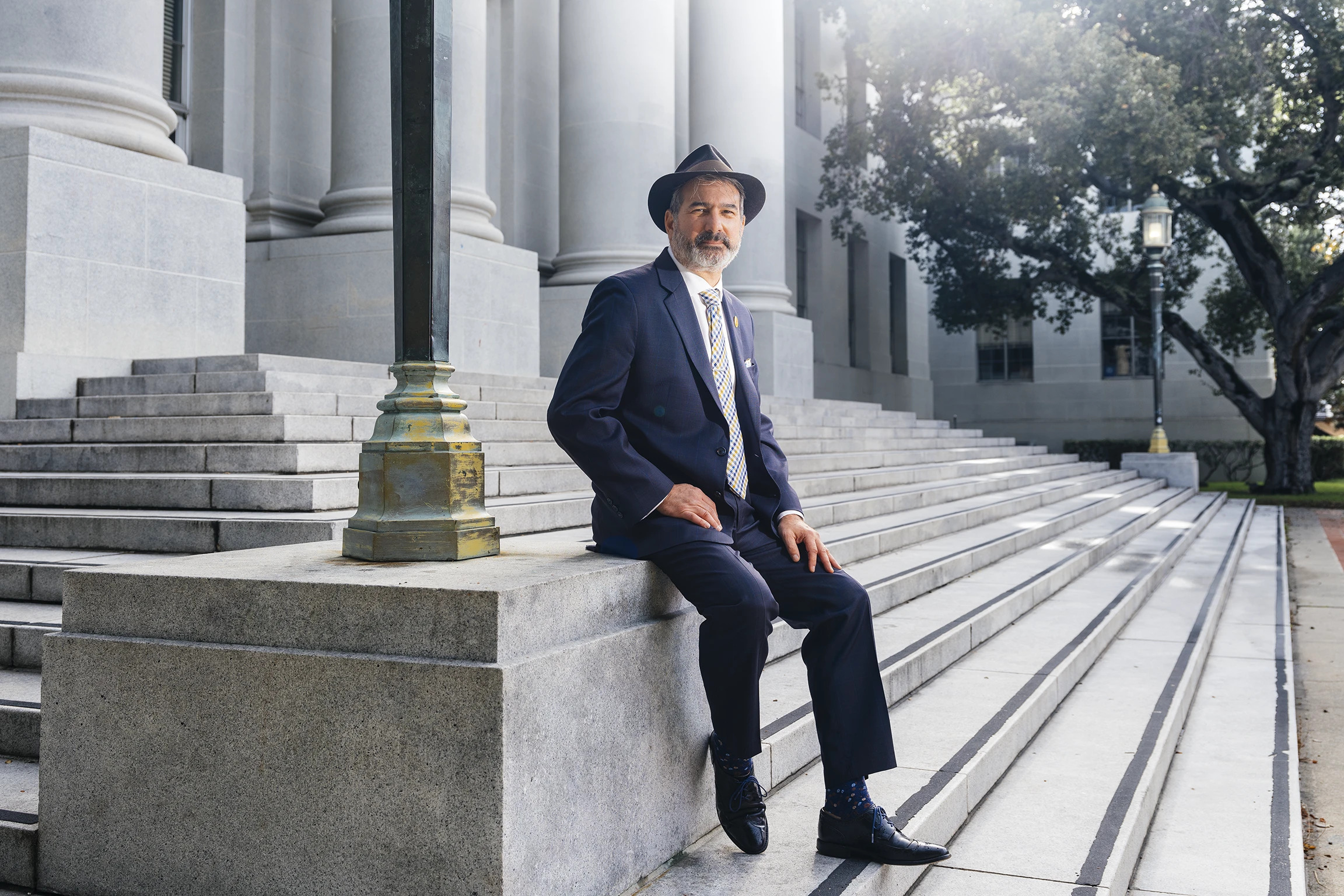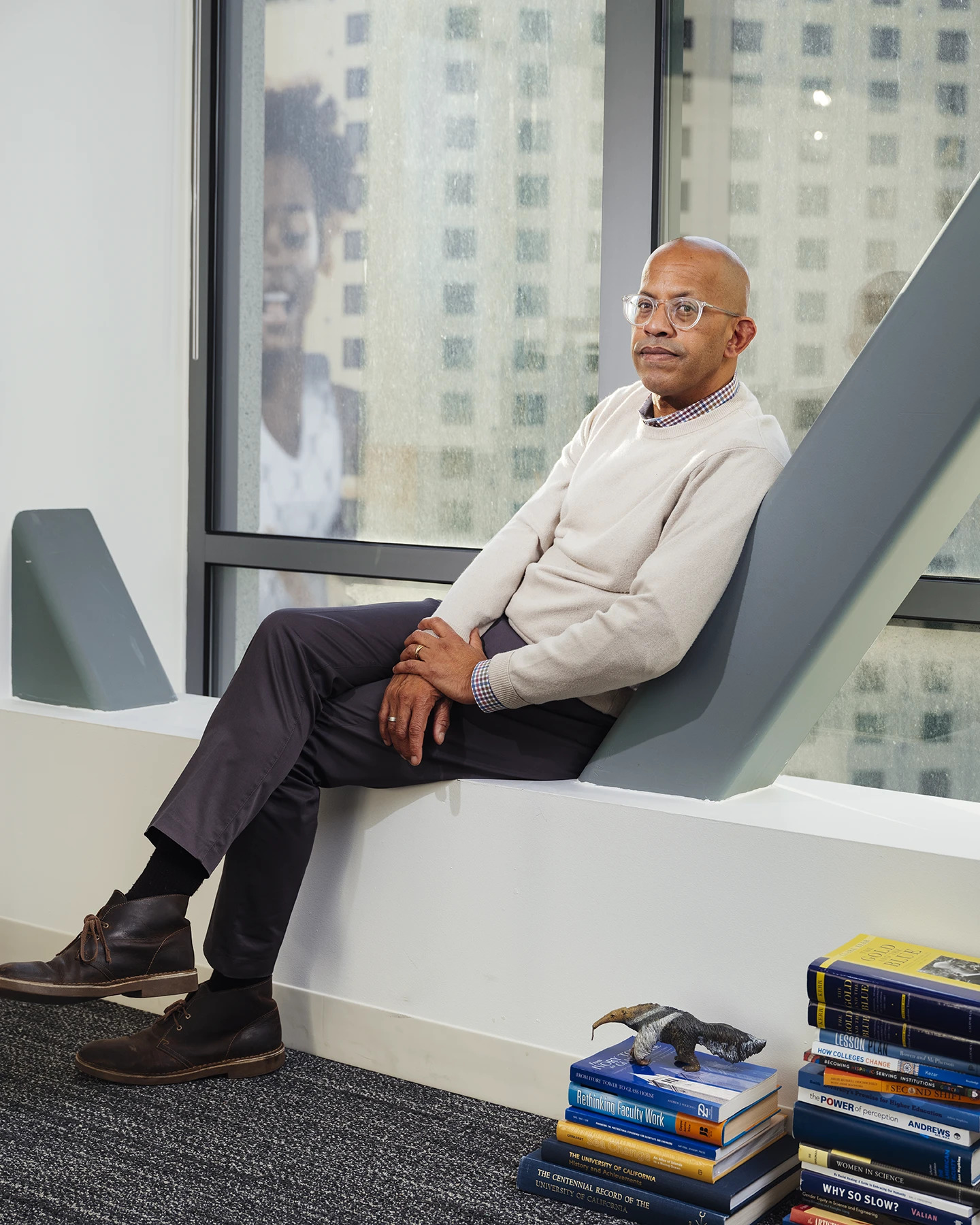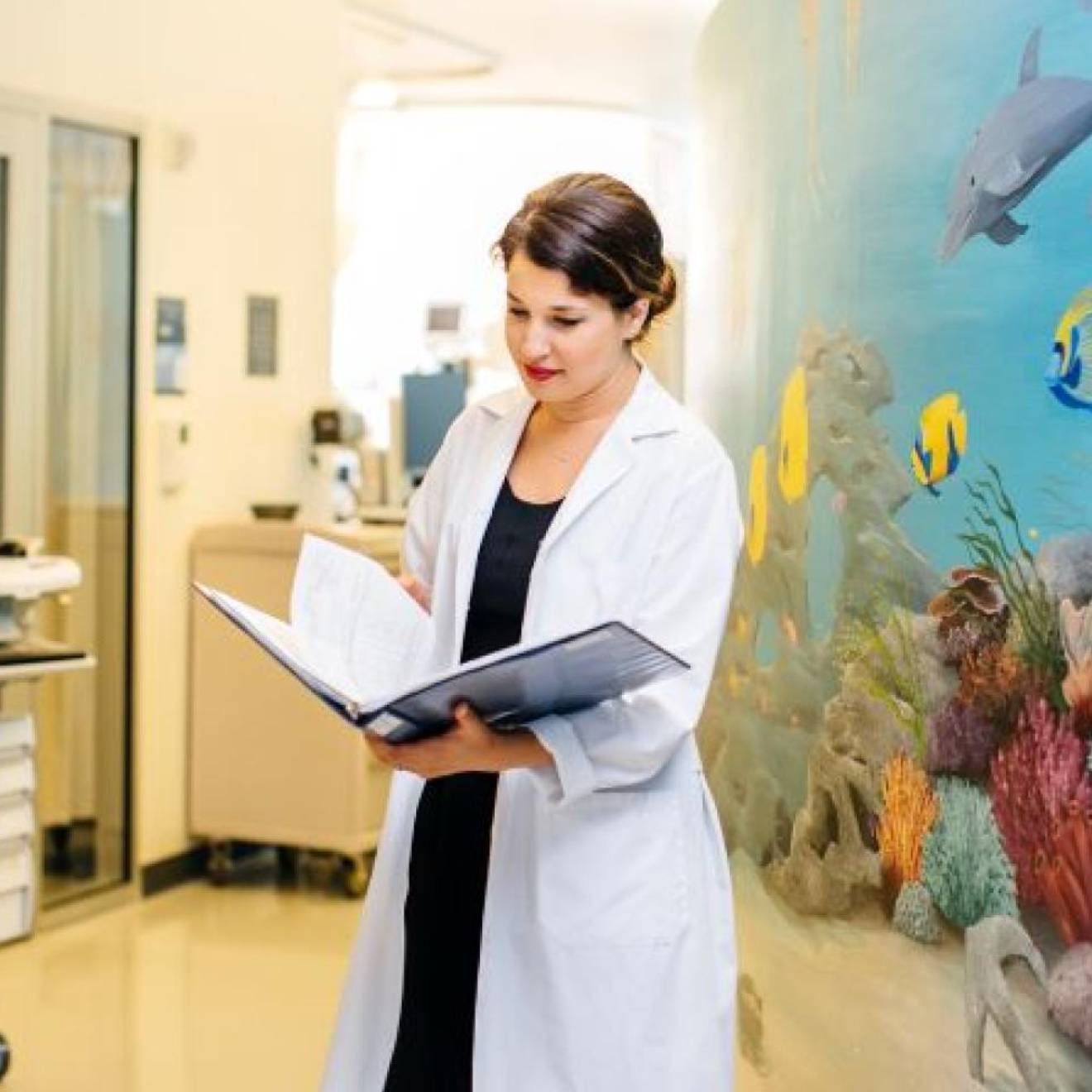UC Newsroom

A program launched four decades ago to diversify faculty at the University of California has today grown into the largest and most influential academic pipeline program of its kind in the nation.
More than 365 faculty across the UC system have participated in the President’s Postdoctoral Fellowship Program, including nearly 14 percent of all ladder-rank faculty hired over the last five years from groups underrepresented in academia.
“No other postdoctoral program has been as successful as this one has in advancing diversity of the professoriate,” said University of California President Michael V. Drake, M.D., during a recent celebration of the program’s 40th anniversary. “This program has national impact as a model for postdoctoral training and conversion to faculty.”
Among the program’s many standout alums are UCLA historian and MacArthur genius grant recipient Kelly Lytle Hernández, UC’s Vice Provost of Academic Personnel and Programs Douglas Haynes, pharmacologist JoAnn Trejo, who serves as UC San Diego’s Senior Assistant Vice Chancellor for Faculty Affairs, and San Diego State president Adele de la Torre, the first Chicana and first woman to serve as the university’s president.
“We’ve been able to disrupt the mythology that diversity comes at the expense of excellence,” said PPFP director Mark A. Lawson, an alumnus of the program who went on to become a professor in the Department of Obstetrics, Gynecology, and Reproductive Sciences at UC San Diego before taking the helm in 2015. “Our fellows exceed their peers nationally in achieving tenure, and many have moved on to leadership positions.”

A highly competitive program that is open to all
Twelve other universities now get help from UC in running their own versions of the PPFP and the National Science Foundation in 2023 tapped UC as a model for developing similar programs at three large university systems.
National interest in replicating the program comes in part from the fact that for more than a quarter century it has operated within the bounds of Prop. 209, the California law that banned affirmative action in higher education. More universities are now looking to learn from UC’s example after a 2023 Supreme Court ruling ended affirmative action.
The President’s Postdoctoral Fellowship Program is open to outstanding scholars in all fields, without regard to race, ethnicity or gender. As part of the extensive application review process, prospective fellows are asked how their research, teaching and service will contribute to diversity and equal opportunity at UC.
“We focus on what people do, not what they are,” Lawson said. “We’re an example of how you can have the mission, and meet those same goals, and do it within that [post-Prop. 209] framework,” Lawson said. “It’s a process that is equitable and fair and accessible to anyone.”
Additional investments over the last 10 years have allowed the PPFP to triple in size, making it now the largest postdoctoral fellowship program in the country. All 10 UC campuses now fund fellowships through the Chancellor’s Postdoctoral Fellowship Program. And the Mellon Foundation in 2021 provided a $15M grant to increase the number of humanities fellows supported by PPFP. The Academic Senate has waived open search requirements when hiring former PPFP fellows. Hiring incentives from the UC Office of the President have further boosted the number of fellows selected for faculty positions across UC.
“Past fellows have proven to be extremely successful in their UC appointments,” said Provost Katherine Newman. “Of the 148 former PPFP fellows appointed to the UC faculty who were eligible for tenure since 1995, 142 have now achieved that milestone.”

Preparing future faculty for success
Given its size and reputation, it’s not surprising that the fellowship program attracts so many applicants. Roughly a thousand people apply each year — more than 10 percent of the nation’s new Ph.Ds. from underrepresented groups.
PPFP alumni, who are now found in faculty positions around the country, often encourage their top students to apply. And the program solicits applications widely, including at large STEM diversity conferences.
Between 7-8 percent of applicants land a fellowship, which comes with a completive salary, faculty mentoring, opportunities to advance their scholarly research, and career training and guidance to help them succeed in future faculty positions.
During the fellowship, participants compete in the open market for scarce faculty positions. Nationally, it’s rare for postdoc appointments to include career training, but the PPFP is an exception, one of the factors that Lawson and others cite for its strong track record of alumni landing ladder-rank positions within UC and at other universities, with many going on to receive tenure.
“The training for postdocs isn’t formalized in any way,” Lawson said. “I jokingly refer to it as the last holdout of the scholastic model of itinerant monk scholars. They’re just kind of cast out for their postdoc training, and whoever survives, comes out on the other end with a job.
“This program addresses that gap. We provide formalized training and career guidance. We’re asking, how do you prepare people through a postdoc to be strong faculty? We’re preparing them for that next step. And we’re really broadening the picture of who gets to come be faculty at UC,” Lawson said.

